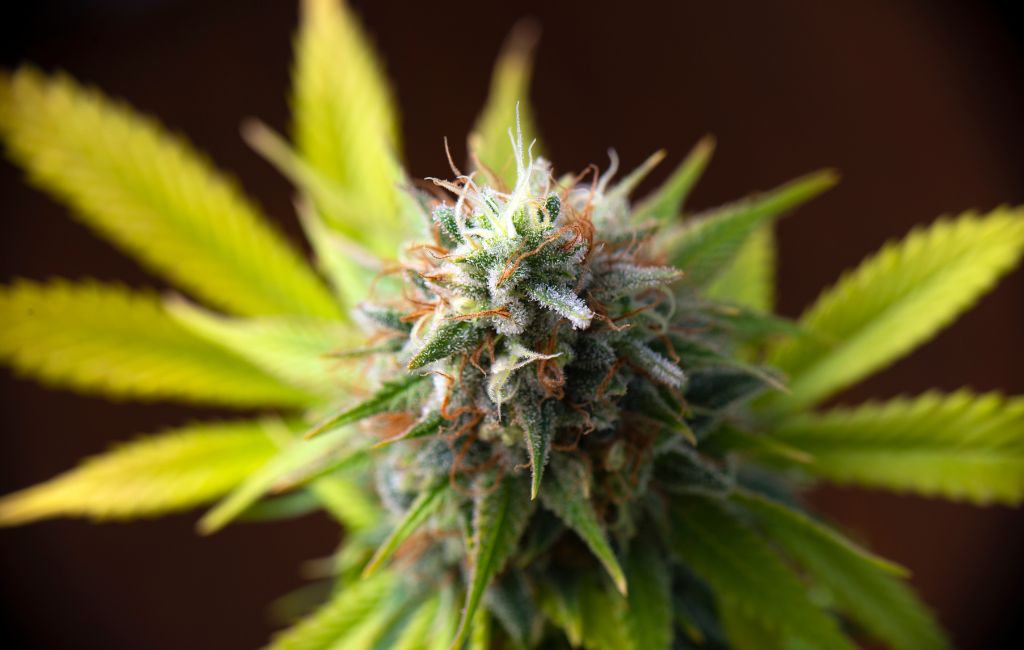THCa Power: Unlocking Nature’s Healing Potential
In recent years, the exploration of cannabis compounds has gained significant momentum, with THCa emerging as a promising candidate for therapeutic applications. Unlike its more famous counterpart THC, THCa is non-psychoactive, offering potential health benefits without the high. This article delves into the THCa power, its potential health benefits, and the growing body of research supporting its use.
Understanding THCa
Tetrahydrocannabinolic acid (THCa) is a naturally occurring compound found in raw cannabis plants. It is the precursor to THC, the compound responsible for the psychoactive effects of cannabis. When cannabis is heated through smoking, vaping, or cooking, THCa undergoes decarboxylation, converting into THC. This transformation is why raw cannabis does not produce the same psychoactive effects as its heated counterpart.
Non-Psychoactive Nature
One of the most appealing aspects of THCa is its non-psychoactive nature. This makes it an attractive option for individuals seeking the therapeutic benefits of cannabis without the associated high. This characteristic opens the door for a wider range of applications, particularly for those who may be sensitive to THC or prefer to avoid its effects.
Potential Health Benefits of THCa
Research into THCa is still in its early stages, but preliminary findings suggest a range of potential health benefits. These include anti-inflammatory, neuroprotective, and anti-emetic properties, among others.
Anti-Inflammatory Properties
Inflammation is a common underlying factor in many chronic diseases, including arthritis, inflammatory bowel disease, and multiple sclerosis. Studies have shown that THCa may possess anti-inflammatory properties, potentially offering relief for individuals suffering from these conditions. By reducing inflammation, THCa could help alleviate pain and improve quality of life.
Neuroprotective Effects
Neurodegenerative diseases such as Alzheimer’s and Parkinson’s are characterized by the progressive loss of nerve cells. Emerging research suggests that THCa may have neuroprotective effects, potentially slowing the progression of these diseases. Animal studies have demonstrated that THCa can help protect brain cells from damage, offering hope for future therapeutic applications.
Anti-Emetic Properties
Nausea and vomiting are common side effects of chemotherapy and other medical treatments. THCa has shown promise as an anti-emetic agent, potentially providing relief for patients undergoing such treatments. By reducing nausea and vomiting, THCa could improve patient comfort and adherence to treatment regimens.
Case Studies and Research
Several case studies and research initiatives have highlighted the potential of THCa in various therapeutic contexts. These examples provide valuable insights into the compound’s efficacy and safety.
Case Study: THCa and Epilepsy
One notable case study involved a young patient with severe epilepsy who experienced significant improvement after incorporating THCa into their treatment regimen. The patient reported a reduction in seizure frequency and severity, highlighting the potential of THCa as an adjunct therapy for epilepsy. This case has spurred further research into the compound’s anticonvulsant properties.
Research on THCa and Inflammation
A study published in the Journal of Pharmacology and Experimental Therapeutics investigated the anti-inflammatory effects of THCa in animal models. The researchers found that THCa significantly reduced inflammation and pain in mice, supporting its potential use in treating inflammatory conditions. These findings have paved the way for additional studies to explore THCa’s mechanisms of action and therapeutic potential.
Challenges and Considerations
Despite its promising potential, several challenges and considerations must be addressed before THCa can be widely adopted as a therapeutic agent.
Legal and Regulatory Hurdles
The legal status of cannabis and its derivatives varies widely across jurisdictions, impacting the availability and research of THCa. Navigating these legal complexities is essential for advancing research and ensuring patient access to THCa-based therapies.
Standardization and Quality Control
Ensuring the consistency and quality of THCa products is critical for their safe and effective use. Variability in cultivation, extraction, and formulation processes can lead to differences in potency and efficacy. Establishing standardized protocols and quality control measures is necessary to address these challenges.
Future Directions
The future of THCa research and application holds great promise. As scientific understanding of this compound grows, so too does the potential for new therapeutic applications.
Expanding Research Efforts
Continued research into THCa’s mechanisms of action and therapeutic potential is essential for unlocking its full potential. Collaborative efforts between researchers, healthcare providers, and industry stakeholders can drive innovation and discovery in this field.
Integration into Holistic Health Approaches
As interest in holistic and integrative health approaches continues to rise, THCa may find a place within these frameworks. By combining THCa with other natural therapies, practitioners can offer patients a comprehensive approach to health and wellness.
Conclusion
THCa represents a promising frontier in the exploration of cannabis-based therapies. Its non-psychoactive nature and potential health benefits make it an attractive option for a wide range of applications. While challenges remain, ongoing research and collaboration hold the key to unlocking THCa’s full potential. As our understanding of this compound deepens, it may pave the way for new and innovative approaches to health and healing.


